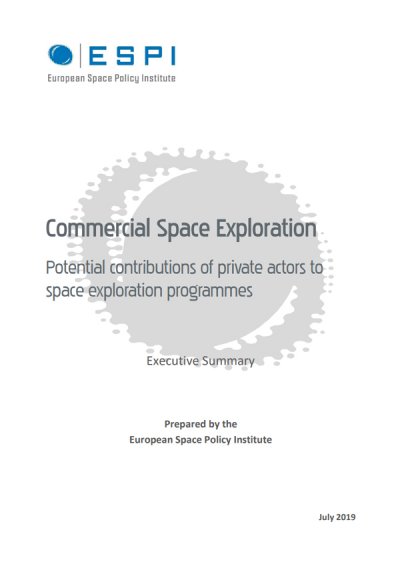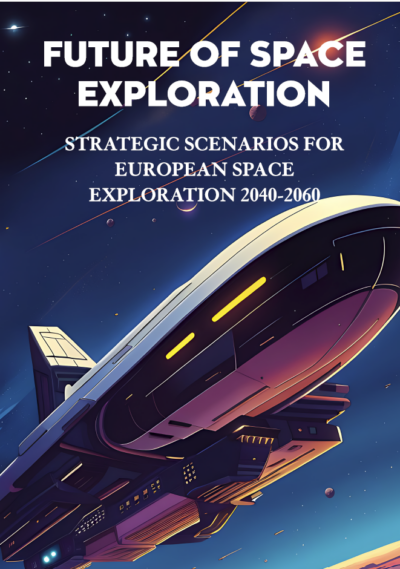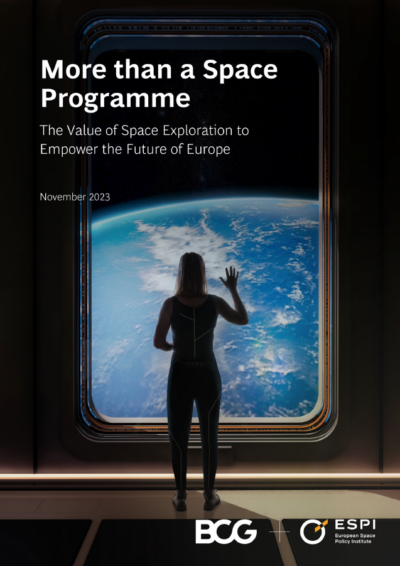Until recently the involvement of commercial actors in space exploration programmes remained limited, in general, to the role of contractors. The situation evolved to some extent with the retirement of the Space Shuttle and the introduction of the Commercial Orbital Transportation Services (COTS) programme. NASA implemented an innovative procurement scheme based on competitive, performance-based, fixed-price milestones. Fostering the involvement of commercial actors in public programmes is nowadays a dominant consideration of governments and agencies who are increasingly eager to explore new mechanisms and take advantage of commercial contributions to achieve challenging space exploration goals. This general context creates programmatic opportunities and strategic challenges for space agencies, opening the way to a possible paradigm shift in the approach to space exploration in the future.
The growing opportunity of a more prominent contribution of commercial actors to space exploration also lies in the so-called “New Space” ecosystem, a business-driven dynamic of the space sector which is characterised by a substantial increase of private investment and commercial endeavours seeking to develop disruptive industrial and business concepts to address new markets. We defined New Space as “a disruptive sectorial dynamic featuring various end-to-end efficiency-driven concepts driving the space sector towards a more business- and service-oriented step”. Our research underlined that endeavours and practices in the space sector have tangibly evolved over the last decade and continue to do so at a remarkably fast pace.





